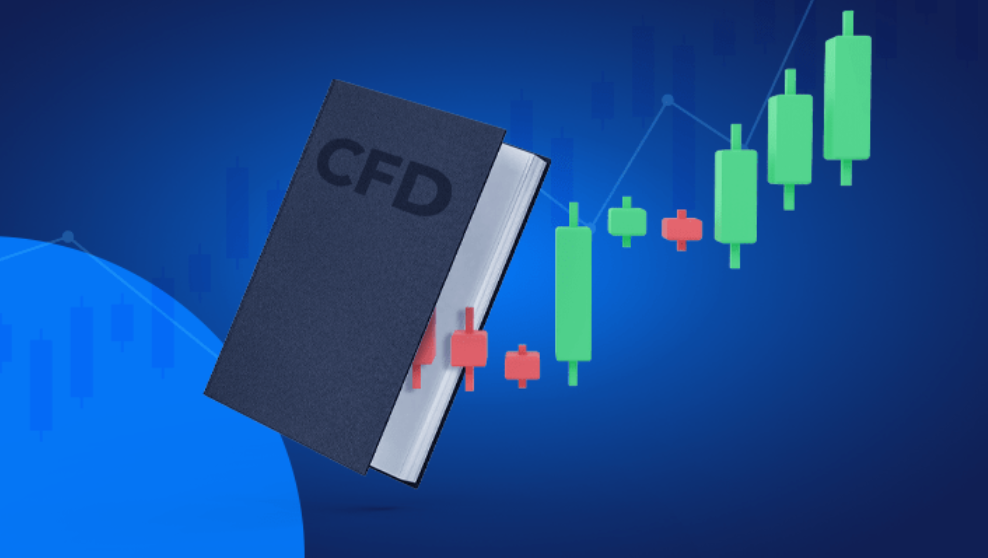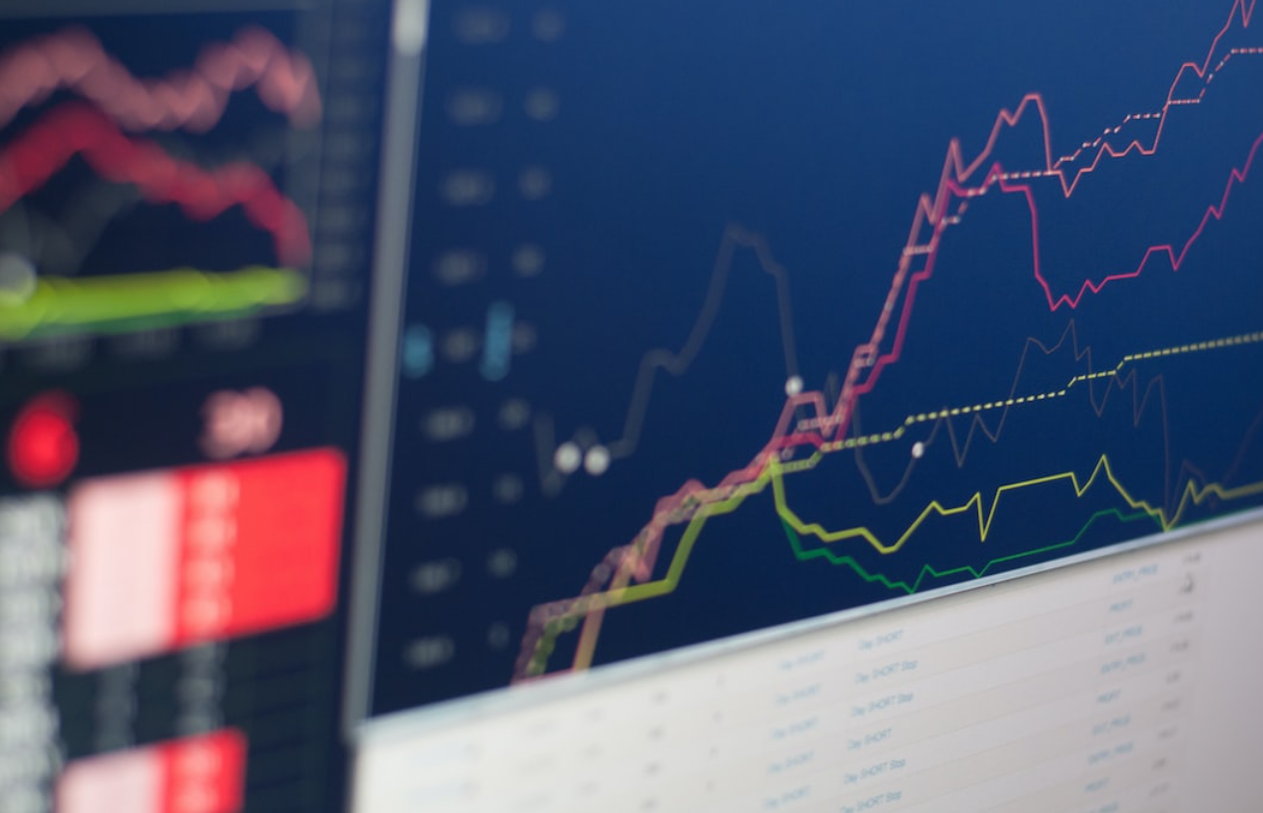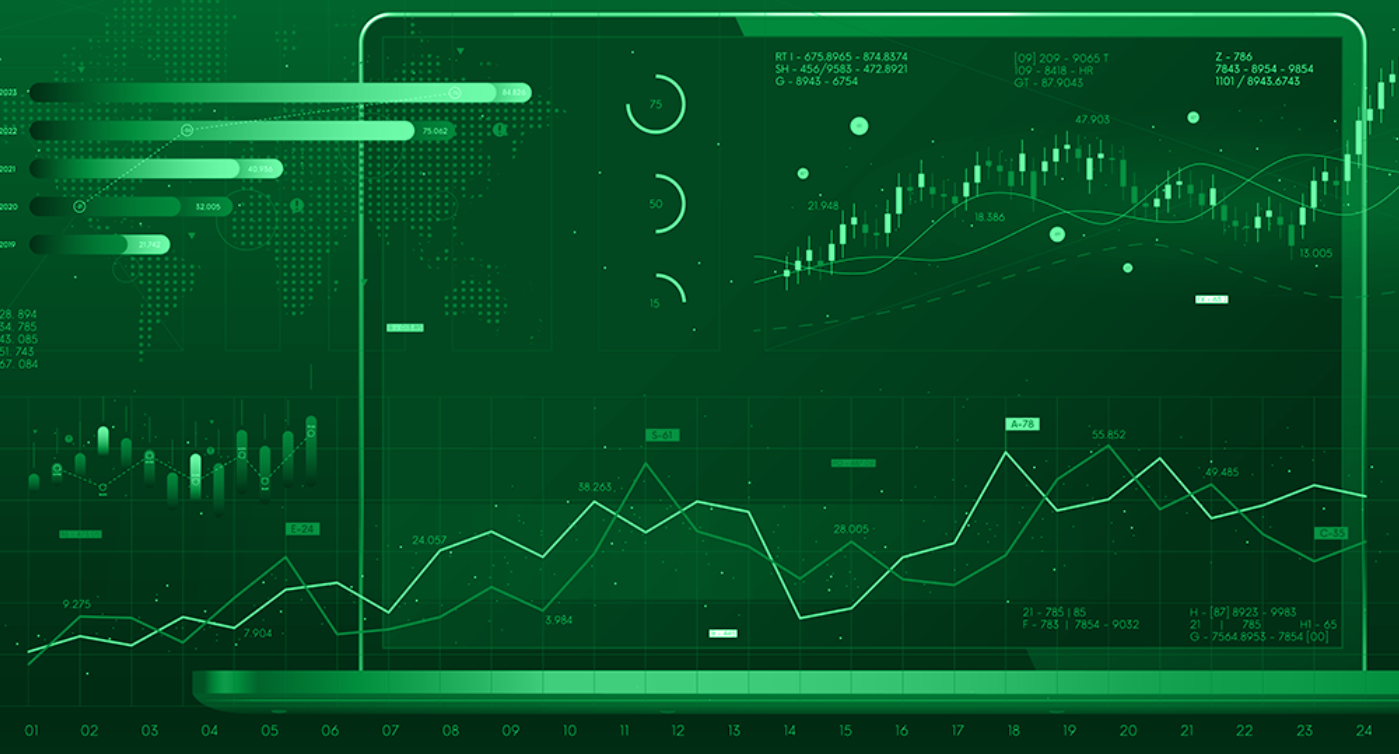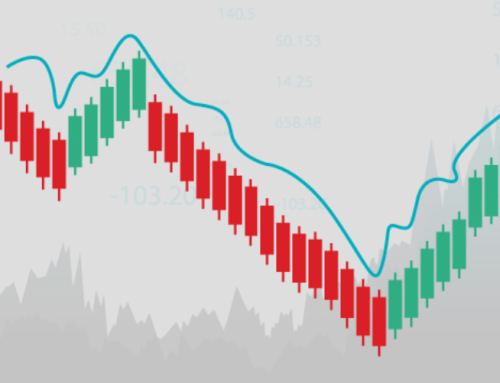Contract for Difference (CFD) has surged in popularity among traders seeking flexible and efficient access to global financial markets. These contracts allow speculation on price movements across various asset classes without owning the underlying instruments, making them ideal for both short-term and long-term strategies. This flexibility enables traders to profit from rising or falling markets, offering unique opportunities that traditional methods may not provide.
What is CFD trading? CFD trading allows you to speculate on the price movements of assets such as stocks, commodities, or indices, without the need to actually own the asset. You can trade CFD in both directions—taking long positions if you believe prices will rise, or short positions if you think prices will fall. This type of trading provides ample opportunities for profit in both bull and bear markets.
Understanding this form of speculation is critical before diving into the markets. While leverage can amplify returns, it also increases risk, so mastering risk management alongside strategies is essential for consistent success. With the right knowledge and tools, traders can effectively navigate this dynamic market.
Hello! My name is Ethan Carter, and I have over nine years of experience working with derivative contracts across multiple asset classes. Together with my team, we have tested numerous brokers and approaches to provide reliable insights. In this guide, we share practical advice and strategies to help traders confidently start and excel in trading CFD.
In this comprehensive guide, we will cover how these contracts work, popular markets to engage with, advantages and risks, essential strategies, and regulatory considerations. We will also explore the best CFD trading platforms to use for your needs, ensuring you have the tools to succeed. Whether you are new to this style or looking to refine your skills, this guide is designed to support your journey.
How Does CFD Trading Work?
CFD is a contract to exchange the price difference of an asset without owning it, enabling traders to take long or short positions. CFD trading meaning refers to this type of speculation, where traders predict whether the price of an asset will rise or fall over a specific period. Leverage allows traders to control larger positions with a smaller capital investment, amplifying both potential profits and risks. Managing margin and leverage effectively is essential for maintaining control and minimizing losses, especially in volatile markets.
Binary Options operates similarly by speculating on the price movement of an asset over a fixed period, allowing traders to take positions based on the outcome of that movement. Proper risk management and a well-defined plan are crucial when using leverage in these contracts to avoid significant losses and ensure consistent profitability. Understanding market dynamics and setting clear stop-loss levels can help protect your capital and improve long-term success.
When setting up a CFD trading account, it’s crucial to choose a platform that offers access to various markets, competitive spreads, and effective risk management tools to maximize your trading pote

Popular Markets for CFD Trading
CFDs grant access to various markets, allowing traders to diversify their portfolios and explore opportunities in different sectors. This broad exposure helps manage risk and capitalize on market movements across asset classes. Understanding each market’s characteristics is key to effective trading. By spreading investments across stocks, forex, commodities, and indices, traders can reduce the impact of volatility in any single market. Additionally, diversification allows for more balanced growth potential over time.
To trade efficiently, many traders use a CFD trading app for convenient access to the markets on the go. Whether you are trading CFDs in forex, commodities, or other markets, the right app can offer the tools needed to execute CFD trade decisions swiftly and manage your positions effectively.
CFD Trading in Stocks
Stock contracts enable traders to speculate on the price movements of shares from global companies without the need to purchase them physically. This approach offers lower capital requirements and flexibility to short sell, expanding trading possibilities beyond traditional stock ownership. It’s an efficient way to access equity markets worldwide.
CFD Trading in Forex
Forex allows traders to speculate on currency pair fluctuations, benefiting from high liquidity and 24-hour market access. This market attracts those seeking frequent opportunities due to its constant activity and volatility. Currency markets are popular for leveraging global economic trends, allowing traders to react to market changes in real-time.
CFD Trading in Commodities and Indices
Trading commodities and indices provides exposure to raw materials like gold and oil and broad market segments via indices. These assets often move with global economic events, offering diverse opportunities for speculation and portfolio hedging. Commodities and indices help traders balance risk across sectors. They also provide alternative avenues when equity or forex markets experience low volatility. Understanding the factors that influence these markets enhances strategic decision-making.
Traders can trade CFD on commodities and indices through various platforms. Using a reliable CFD broker allows access to these markets with leverage, offering potential for greater returns. Trading CFDs on commodities and indices lets traders speculate on price movements without owning the underlying assets. By choosing to trade CFDs, investors can take advantage of global events and market trends to optimize their portfolio and hedge against other risks.
Advantages of CFD Trading
One of the primary benefits of these contracts is the use of leverage, which amplifies exposure while requiring less upfront capital. This also allows traders to profit from both rising and falling markets, providing flexibility not always available in traditional methods. Lower transaction costs and exemption from stamp duties (in many jurisdictions) further enhance their appeal.

Risks and Challenges in CFD Trading
Despite the benefits, trading involves risks such as magnified losses due to leverage, sudden market volatility, and potential overnight fees. The complexity demands a strong understanding and disciplined approach to risk management. Without careful planning, traders risk substantial capital losses.
How to Start Trading CFDs
Starting with CFDs requires choosing a trusted broker, setting up an account, and understanding trade execution processes. Each step involves important decisions that impact your trading success. Proper preparation helps reduce errors and improves confidence when entering live markets.
Choosing the Right CFD Broker
Selecting a broker regulated by reputable authorities ensures compliance with financial standards and client protection. Transparent fees, user-friendly platforms, and reliable customer support tailored for your region are also critical factors. Choosing wisely lays the foundation for a smooth trading experience.
Opening a CFD Trading Account
Opening an account involves identity verification and agreeing to regulatory and broker-specific terms. Most brokers provide demo accounts for risk-free practice, allowing traders to familiarize themselves with platform features before investing real money. This step is crucial for building confidence and testing strategies without financial risk. Additionally, having a verified account ensures smoother withdrawals and compliance with legal requirements.
Executing Your First CFD Trade
Once funded, placing your first trade involves selecting an asset, deciding position size, and choosing whether to buy or sell. Setting risk management orders like stop-loss and take-profit from the start is crucial to protect capital and manage potential losses. Properly managing these orders helps limit downside risk while locking in potential profits. Developing a disciplined approach to trade execution increases your chances of long-term success.
Key CFD Trading Strategies
Popular strategies like trend following, breakout, and range serve different market conditions and styles. Combining technical analysis tools with fundamental insights can improve decision-making. Tailoring strategies to your personal risk tolerance and schedule enhances consistency.

Risk Management in CFD Trading
Managing risk effectively involves setting stop-loss limits, using appropriate leverage, and diversifying trades to avoid overexposure. Maintaining discipline and having a clear plan can reduce emotional decision-making and preserve capital. Good risk management is essential for long-term success.
Legal and Regulatory Aspects of CFD Trading
Financial regulations exist to protect traders and ensure brokers operate fairly and transparently. Always verify that your broker is licensed by recognized authorities to safeguard your investments. Staying informed about local laws helps maintain compliance and security.
FAQ
Understanding CFDs and trading requirements helps prepare new traders for success. The FAQ answers common questions about capital, profitability, and suitability. It’s important for beginners to recognize the risks involved and to start with proper education and practice. Consistent learning and adapting strategies are key to becoming a successful trader. Being well-informed about broker policies and market conditions also helps avoid common pitfalls.
What is the minimum amount needed to start CFD trading?
Minimum deposits vary by broker but often start around $100, making this form of trading accessible to many.
Is CFD trading profitable?
Profitability depends on market conditions, strategies, and risk management. Consistent profits require education, practice, and discipline.
Are CFDs suitable for beginners?
Due to complexity and risks, beginners should use education and demo accounts to build skills before engaging in live markets.
Read also about:













Leave A Comment